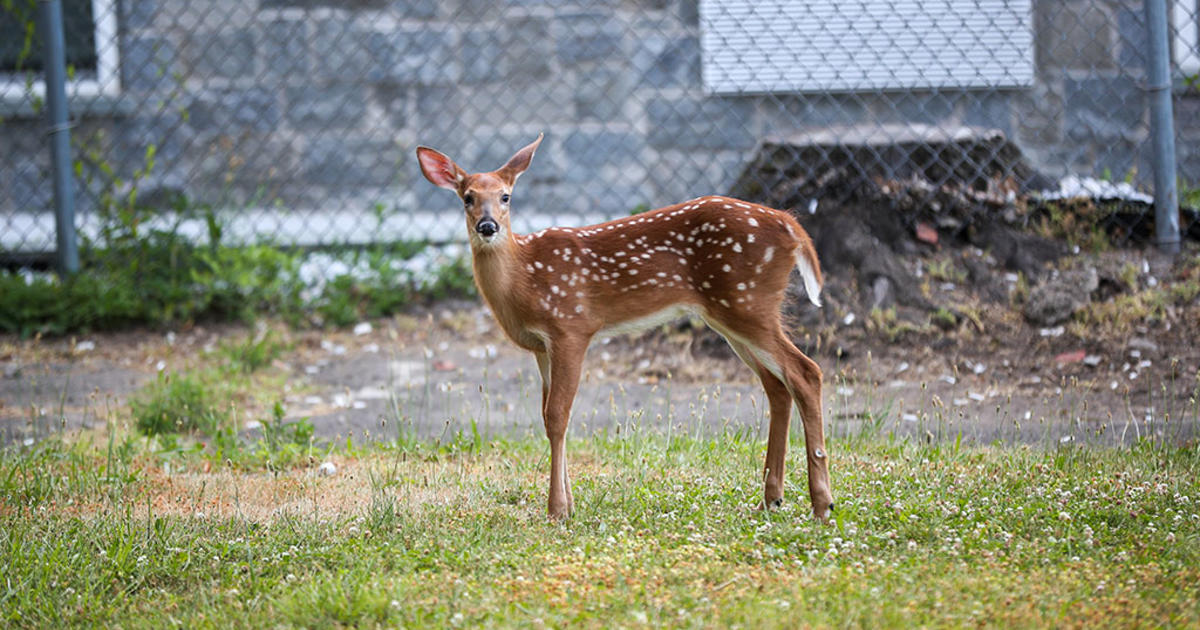An analysis of thousands of samples collected from wild deer suggests that Americans have transmitted COVID-19 to these animals numerous times. Additionally, mutated variants of the virus have been caught and spread by deer at least three times. This analysis is part of a multiyear federal effort to study the virus in American wildlife, led by the U.S. Department of Agriculture’s Animal and Plant Health Inspection Service (APHIS). The study involved the analysis of 8,830 samples taken from wild white-tailed deer across 26 states and Washington, D.C., between November 2021 and April 2022. Among these samples, 282 deer were found to be infected with COVID variants.
By comparing the sequences of the viruses found in deer with publicly reported human infections from databases around the world, scientists were able to determine the likely spread of these variants between humans and animals. They identified a total of 109 “independent spillover events,” connecting the viruses in deer to ancestors found in previously infected humans. Some of these viruses are still mutating and spreading among deer, including the Alpha, Gamma, and Delta variants of concern that caused a surge in deaths during the early stages of the pandemic.
However, 18 of the samples did not have any genetically similar human SARS-CoV-2 sequences reported in the same state, making it difficult to track down the precursor variant in humans. The study’s authors noted that this research showed frequent introductions of new human viruses into free-ranging white-tailed deer, and that SARS-CoV-2 variants of concern were capable of persisting in deer even after becoming rare in the human population. The investigation also discovered three cases where the virus had spilled over from humans to deer and then spread back to humans, affecting individuals in North Carolina and Massachusetts. Fortunately, there were no reports of close contact between the infected humans and either deer or the zoo.
Zoonotic Diseases
Researchers from the APHIS have been studying whether white-tailed deer, along with other American wildlife species, can serve as long-term reservoirs for the virus as it mutates to spread among deer. A previous report from Canadian scientists found a highly divergent lineage of SARS-CoV-2 that spread from deer to humans. Government scientists are concerned about the potential impact of the virus on animals as it spreads between humans and wildlife. Deer often interact with humans and are commonly found near their homes, pets, wastewater, and trash, posing a unique public health risk.
The Centers for Disease Control and Prevention (CDC) has previously advised Americans to avoid close contact with wildlife and their droppings to minimize the spread of SARS-CoV-2 and other zoonotic diseases. The potential for zoonotic diseases like SARS-CoV-2 to persist and evolve in wildlife populations poses significant public health risks.
Denial of responsibility! VigourTimes is an automatic aggregator of Global media. In each content, the hyperlink to the primary source is specified. All trademarks belong to their rightful owners, and all materials to their authors. For any complaint, please reach us at – [email protected]. We will take necessary action within 24 hours.



